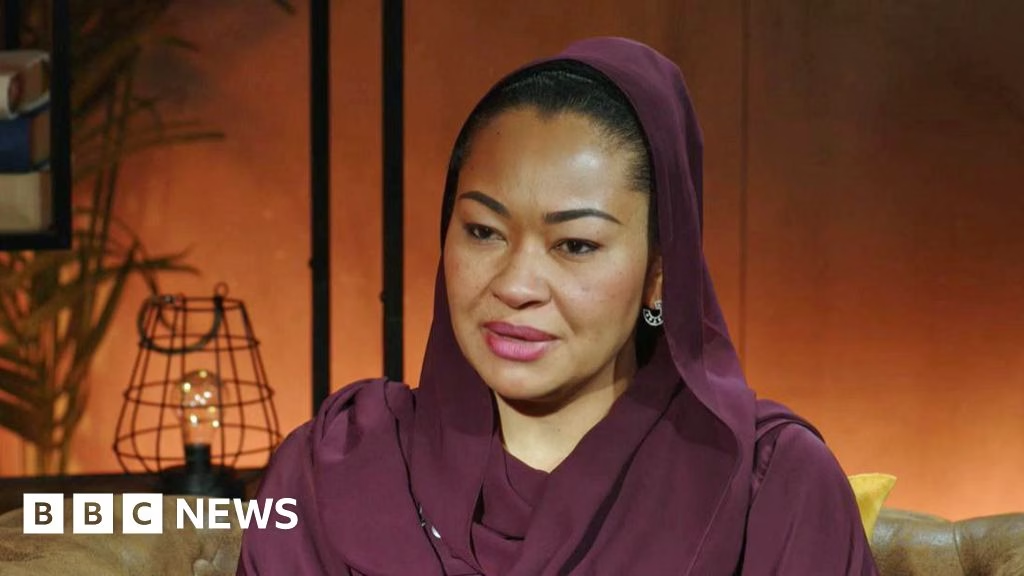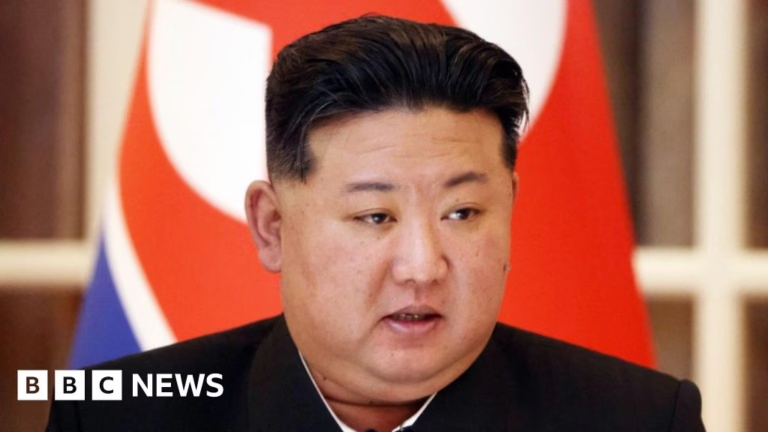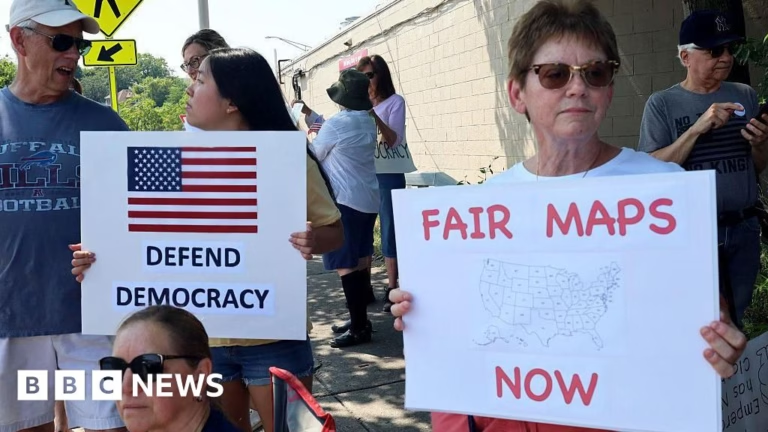A Nigerian senator, Natasha Akpoti-Uduaghan, has disclosed her experience of alleged sexual harassment by Nigeria’s Senate President, Godswill Akpabio, suggesting that the unrest has led to the Senate functioning “like a cult.” Akpoti-Uduaghan’s suspension for six months, after submitting a harassment petition which Akpabio denies, has intensified discussions about gender equality within Nigeria’s socially traditional framework.
In her first television interview post-suspension, Akpoti-Uduaghan likened the Senate’s conduct to that of a “cult” under Akpabio’s leadership, labeling it as dictatorial and lacking in freedom of expression. The Senate’s Deputy Chief Whip, Onyekachi Nwebonyi, dismissed these claims, alleging that Akpoti-Uduaghan’s legislative activities contradict her assertions of being silenced.
The senator’s claims detail instances of harassment starting in 2023, including sexually suggestive gestures and comments made by Akpabio, which he has vehemently denied through his office. Nwebonyi, also present during one of the alleged incidents, affirmed Akpabio’s denial of any improper actions.
As one of the few female senators in Nigeria’s predominantly male parliament, Akpoti-Uduaghan’s plight has sparked nationwide concern over women’s rights and representation in politics. Her petition was dismissed on technicalities and led to her suspension for “unruly and disruptive behaviour” during a Senate debate.
The suspension has stripped Akpoti-Uduaghan of her security, fuelling fears for her safety and that of her children. Civil society groups and women’s rights activists have expressed solidarity, emphasizing the broader implications for women in Nigerian politics. Despite facing significant backlash, including misogynistic abuse online, Akpoti-Uduaghan remains steadfast in her pursuit of justice, seeking to overturn her suspension and push for a transparent investigation into her allegations. Her story resonates with many women in Nigeria who face similar situations but lack the courage to speak out.
Source: https://www.bbc.com/news/articles/cqlypekq35wo








